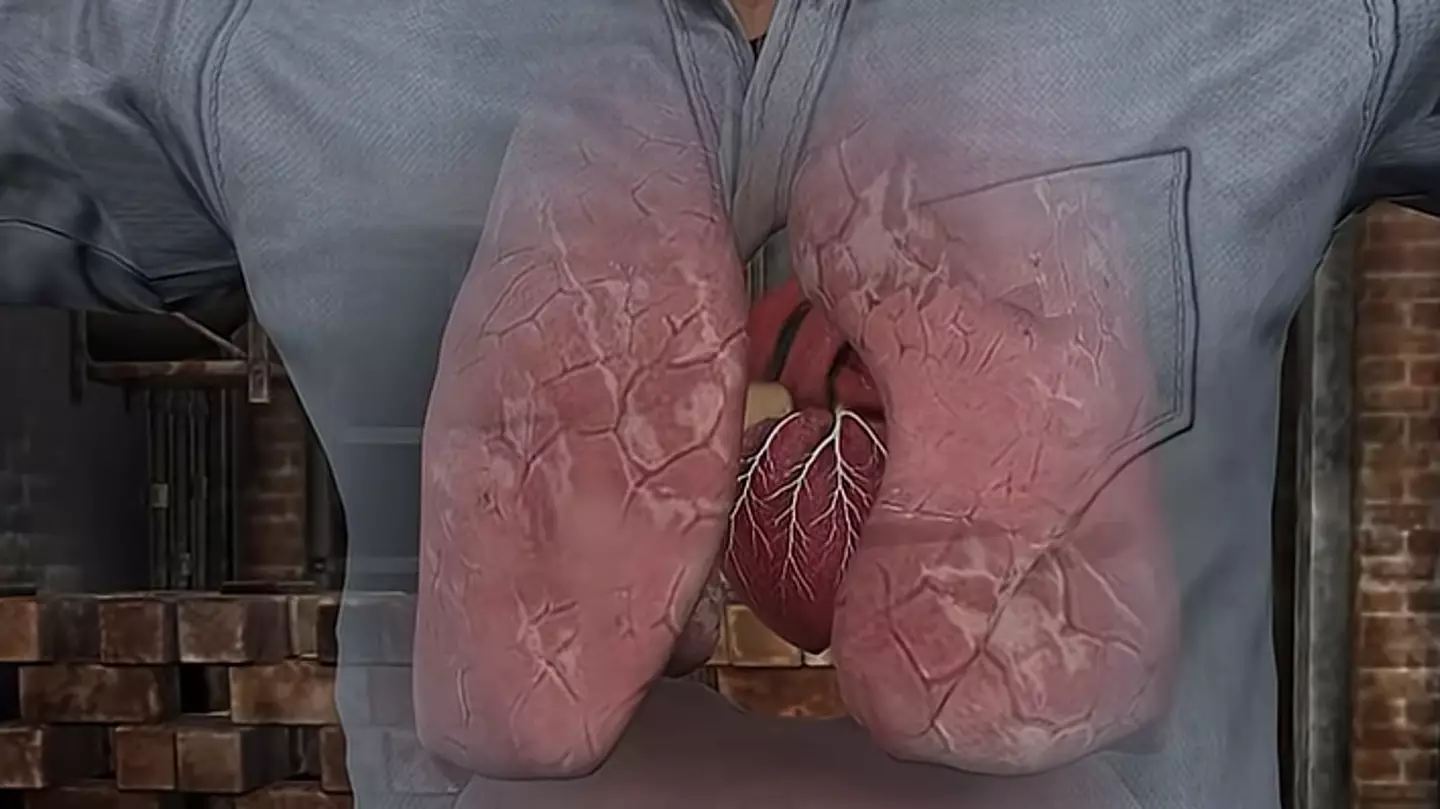
Warning: This article contains discussion of drug addiction which some readers may find distressing.
A simulation shows how cannabis can affect your body, as a former user has opened up about his addiction story.
2.3 million adults between the ages of 16 and 59 had used cannabis in 2024, according to the Office for National Statistics (ONS), which is nearly seven per cent of that age group.
The illegal Class B drug, commonly known as marijuana, weed or pot, releases many chemicals into the body, including the psychoactive compound THC.
Advert
When you smoke weed, THC spreads quickly to the brain via the lungs and over a long-term period, it can lead to deficits in attention, learning and memory.
NIDA director Dr Nora Volkow explained how people get addicted: “There are people [whose genetic susceptibility is] so powerful [that it] can overpower resilient environments, making them liable to addiction.
“There are environments that are so stressful and adverse that [they] can make people vulnerable to become addicted, even though they don’t have the genetic [susceptibility].”

Now, YouTube channel The Infographics Show has shared a simulation video of what can happen to your body if you smoke weed for 30 days.
Advert
The video shows the reaction of THC hitting a part of your brain that 'influences mood, memory and perception' and increases your dopamine levels, often referred to as your 'pleasure chemical'.
Also, because your heart rate increases and your blood vessels dilate, this can cause 'red eyes'.
It comes after a content creator who smoked pot regularly as a teenager revealed the benefits he felt after giving it up for six months.
Over on his YouTube channel Dorian Develops, he said: “After being sober for a while, I’m noticing that my anxiety and depression was definitely elevated by smoking weed every day, it wasn’t reduced.”
Advert
“Now I don’t feel as winded anymore, I feel like I have way more endurance in my lungs,” he added.
“I feel like I can breathe easier, I don’t wheeze anymore.”
“It’s so much easier to be motivated to go to the gym when you don’t wake up and smoke,” Dorian continued.
“[You] have more energy and you just have more mental clarity and focus.
Advert
“It’s a lot easier for you to want to set goals and be ambitious and do bigger things when you’re not in that weed brain fog state all the time.
“Being able to be organised and be productive is something that has improved so much in the last six months, especially in the last three.”